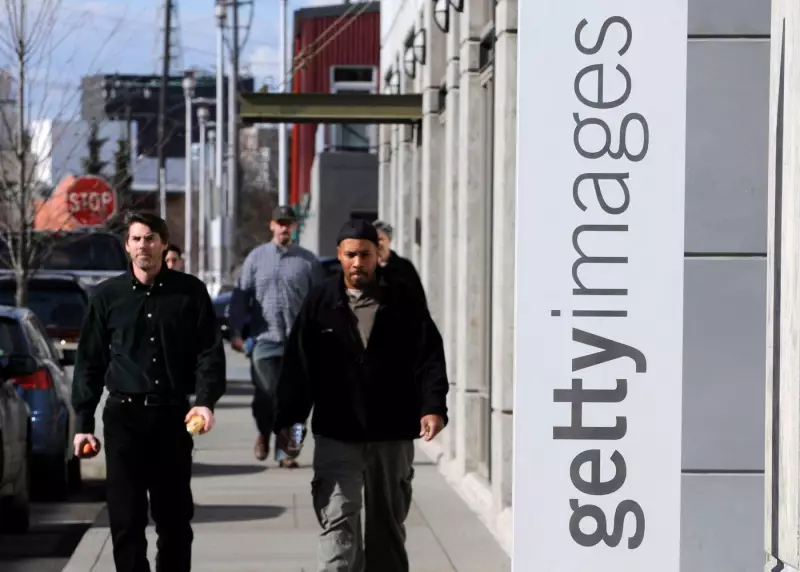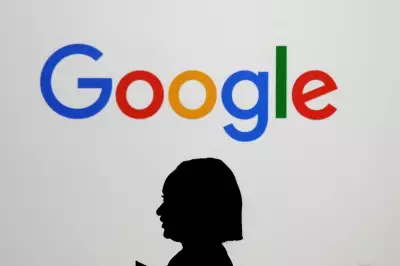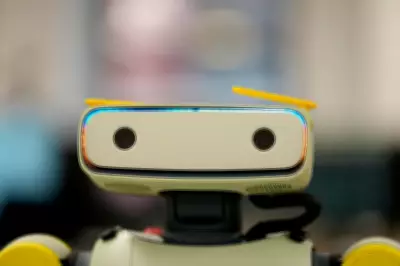
In a landmark ruling that could reshape the legal landscape for artificial intelligence companies, Stability AI has emerged largely victorious from a heated copyright battle with Getty Images in the UK High Court.
The London-based court delivered a mixed but predominantly favorable judgment for the AI startup, dismissing the bulk of Getty Images' copyright infringement claims while allowing certain trademark arguments to move forward.
Court Dismisses Core Copyright Allegations
Justice Smith's ruling dealt a significant blow to Getty Images' legal strategy by throwing out claims that Stability AI unlawfully used Getty's massive image library to train its popular Stable Diffusion image generator. The court found that the stock photography giant failed to provide sufficient evidence to support allegations of direct copyright infringement under UK law.
Legal experts suggest this decision highlights the challenges traditional copyright holders face when attempting to apply existing intellectual property frameworks to rapidly evolving AI technologies.
Trademark Claims Survive Legal Scrutiny
While the copyright claims largely collapsed, the court permitted Getty Images to pursue trademark infringement allegations. The photography company argues that Stability AI's software occasionally generates images containing distorted versions of Getty's distinctive watermark, potentially causing consumer confusion about the source of AI-created content.
This partial victory gives Getty Images a narrow path forward in its ongoing legal campaign against the AI company, though the surviving claims represent a much smaller portion of their original lawsuit.
Broader Implications for AI Industry
The ruling comes at a critical juncture for generative AI companies facing increasing legal scrutiny worldwide. Similar lawsuits are pending in multiple jurisdictions, including a parallel case between the same parties in United States courts.
Industry analysts note that while this UK decision provides some relief for AI developers, the mixed outcome underscores the ongoing legal uncertainty surrounding training data sourcing and intellectual property rights in the age of artificial intelligence.
Both companies have declined to comment extensively on the ongoing litigation, though legal representatives for Stability AI characterized the dismissal of core copyright claims as "a validation of our position."





